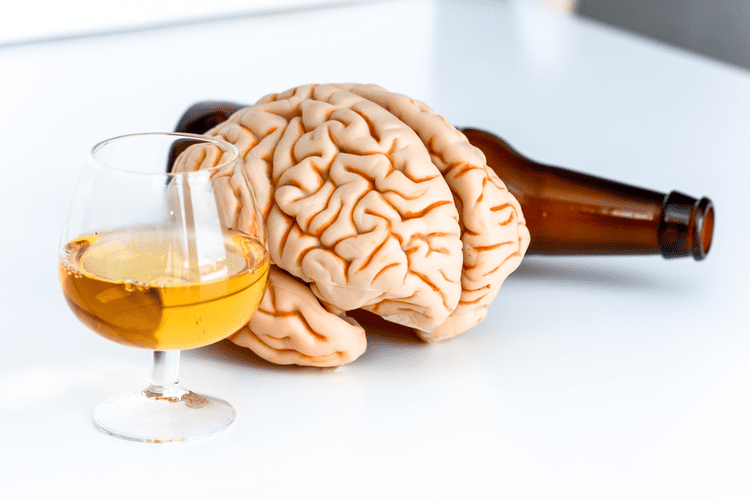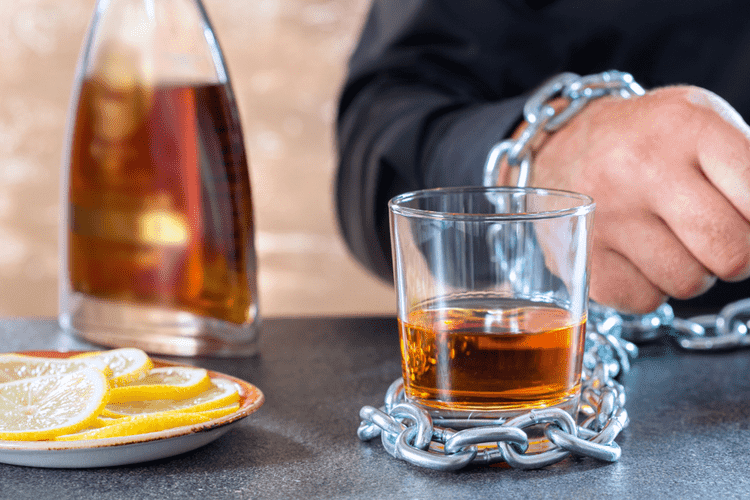Blood thinners, or anticoagulants, are life-saving medications prescribed to prevent blood clots. However, when mixed with alcohol, these drugs can lead to adverse effects. In the realm of addiction recovery and medication management, understanding the interaction between prescribed drugs like blood heroin addiction thinners and alcohol is paramount.
Bone Health

While occasional light drinking may not drastically affect Xarelto’s efficacy, consistent or heavy alcohol use is risky, as it can intensify bleeding complications. Blood thinners, whether they are anticoagulants or antiplatelets, don’t dissolve the clot but they can prevent clots from forming and small clots from getting bigger. They do this by helping the blood flow smoothly through the blood vessels. The Recovery Village Ridgefield offers comprehensive addiction treatment for drug and alcohol addictions and co-occurring mental health conditions.
Alcohol Interactions with Anticoagulants and Antiplatelet Medications
The effects of alcohol may be similar to blood thinners, but you should not replace your medication with alcohol. Drinking more than two servings of alcohol daily increases the risk of blood clot development. Yes, alcohol increases heart rate as well as raise blood pressure during the initial stages of intoxication. As a result, heavy drinking increases the risk of experience cardiovascular-related diseases such as heart attack and stroke. In this article, we will delve into the complex relationship between alcohol and blood thinners and the potential consequences of drinking while on a blood thinner. For those unsure about their alcohol use, taking an ‘am I addicted’ quiz can be a helpful first step toward understanding the situation and getting the support you need.
- While alcohol may have blood thinning effects, it may also increase the risk of cardiovascular conditions and blood clots.
- If you take a blood thinner, be sure to follow your healthcare team’s advice on dosing.
- While we endeavor to keep the content accurate and current, PharmaServe does not warrant the completeness or reliability of the information.
- Ignoring this medical advice could cause complications during the procedure.
Injecting Drugs: Health Risks and Social Consequences

The only way to eliminate the risks of combining alcohol and blood thinners is to avoid alcohol completely. However, if you do choose to drink, do so in extreme moderation—1 drink per day for women and 2 drinks per day for men—and be very careful. You should also closely follow your doctor’s instructions for taking blood thinner medication. Let your doctor know right away if blood thinners and alcohol you experience any signs of bleeding problems. You should also closely follow your doctor’s instructions for taking blood thinner medication. Consuming alcohol can overload the liver, affecting how it metabolizes medication.

Alcohol doesn’t lower your blood pressure by a significant amount. Many of the studies that make this claim do not consider other lifestyle choices, like diet and exercise, which have a much bigger impact on blood pressure. Luckily, alcoholics who quit drinking see a reduction in blood pressure.
- Seeking professional help becomes extremely important in such situations.
- Learn the dangers of laced marijuana, how to test weed, and safety tips to lower overdose risk.
- These conditions can increase the risk of blood clots forming in the arteries or veins, which can lead to serious health problems such as heart attacks, strokes, or pulmonary embolisms.
- You might consider choices like light beers, which usually have around 3-4% alcohol by volume (ABV) compared to standard beers at 5% ABV or higher.
- Yes, you can, but heavy drinking or binge drinking will raise your risk of excessive bleeding.
Alcohol and Blood Thinners Before Surgery
By stopping or slowing the formation of clots, blood thinners can help prevent life-threatening events like strokes and heart attacks. There are several risks related to mixing alcohol and blood thinners. Alcohol affects how well your blood clots, potentially negating the effects of the blood thinners or increasing them to a dangerous level. Further, alcohol can affect how long it takes for your body to process blood thinners. This can cause the medication to stay active for longer and have a greater effect than it should. Alcohol can also cause underlying health problems that affect the liver, which plays a vital role in how blood thinners work and how blood clotting occurs.